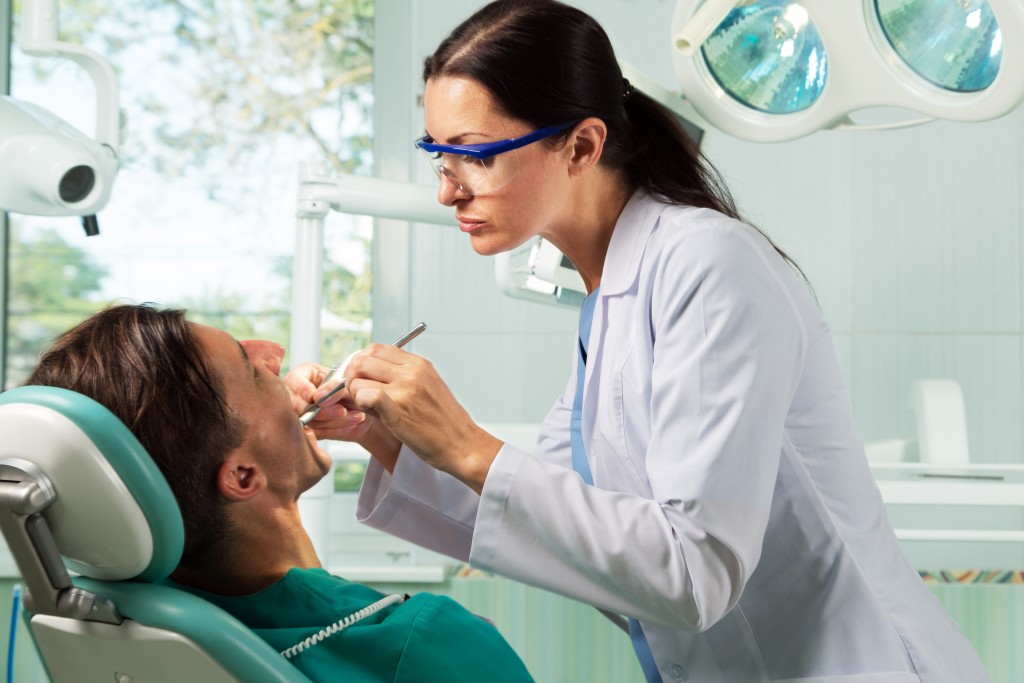There is no better time to consider dental digital marketing than today. It turns out more people are turning to the Internet for health concerns.
Paging, Dr. Google
Google is a mega search engine for a reason. For many of its users, it has an answer to everything. It includes their health ills.
In a Telegraph report in 2018, Google confessed that about 7% of the searches daily are health-related. It is equivalent to 70,000 queries per minute.
Most of the searches involve:
- Insurance
- Health conditions
- Medications and treatments
In a Pew study, about 80% or more than 90 million Americans turned to the Internet for health information. It is an increase of over 60% in 2001.
Around 60% of them searched for a particular health problem or disease, while 47% were for medical treatments or procedures. Another 44% wanted to know more about diet, vitamins, and nutrition. More than 20% explored doctors and hospitals.
Meanwhile, a 2019 study in BMJ Open, revealed that health searches tend to increase significantly a week before a patient visits an emergency room. It rises to 16% or three times more health-related Google searches.
Among those who searched for health information, around 15% of them looked for the nearest emergency room.
These queries are so common in Google that Penn University researchers believed that health experts could harness such data to predict patient demand in the ER.
Treading the Dangerous Road of Misinformation
 Besides convenience, it is the supposed accuracy of the information that may be driving the popularity of these Google searches.
Besides convenience, it is the supposed accuracy of the information that may be driving the popularity of these Google searches.
In another Pew research, over 40% of online diagnosers said that a healthcare provider confirmed their condition. An overwhelming 35% skipped seeing a doctor or even getting a professional opinion.
What’s more, 39% of the survey respondents admitted they searched for health-related information on behalf of someone else. It could be their friends or family members, such as children.
About 16% used the Internet to identify people who shared the same medical condition, while 30% read online reviews or recommendations before they picked a treatment or health care service.
The problem is that many of the information available online may be misleading or false. It is prevalent in the search engine that Google allots $300 million to fight it. The tool should help journalists tag suspicious data or fake news.
Self-diagnosis itself is dangerous, but it becomes even more harmful or even life-threatening with misinformation:
- Many diseases can share the same symptoms, so a person’s diagnosis may already be wrong.
- Self-diagnosis can result in late official diagnosis by a health care provider. They may visit a hospital or a dental clinic only when their symptoms are worse. During this time, treatment may already be difficult.
- It can lead to distrust or poor relationship with the doctor or dentist.
As a health care provider, you can use the Internet to your advantage. You can bring your clinic closer to your market and provide accurate information that can help reduce fake news and improve patient care.

